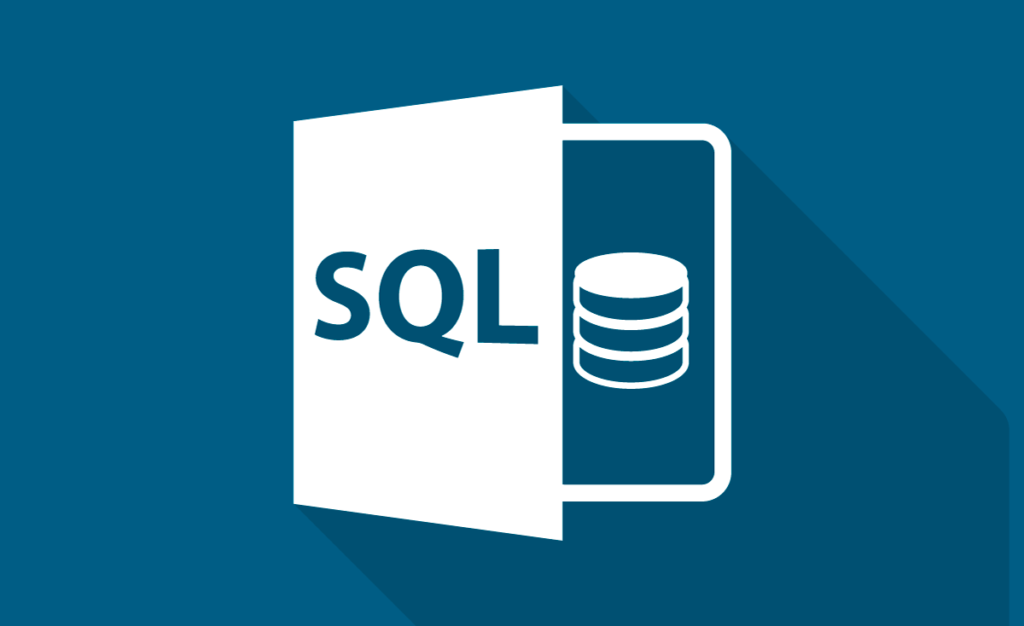Structured Query Language (SQL) has become vital to cutting-edge data management since its humble beginnings as a specialized tool. Pronounced “sequel,” SQL has become the de facto standard for communicating with relational databases, significantly impacting how we manage and work with data in the modern digital world.
In this blog, we will look into the intriguing story of SQL’s growth, shedding light on its relevance in data operations and its different standards. This blog will shed light on the history and potential of SQL, which is excellent for anybody wondering “What is SQL?” or wants to understand how SQL has played a significant part in creating our data-driven world.
IBM researcher Edgar F. Codd first proposed SQL in the early 1970s as a relational database model. The invention of SQL, a standardized language for organizing and accessing these databases, was spurred by this innovative notion. When IBM unveiled System R in 1974, displaying a prototype version of the language, it was a watershed point in SQL’s history. Since then, SQL has been through many revisions, maturing into the robust and flexible language it is today.
What is SQL?
Structured data management and manipulation are the primary goals of SQL, a domain-specific language. Users can retrieve, insert, edit, and delete data from relational database systems through its usage. One of SQL’s strongest points is its ease and expressiveness, allowing developers of all skill levels to interact with databases.
For newcomers to the acronym, “What is SQL?” is a common question that stays with them. As a language that connects people with databases, SQL is more than just a tool. Standardising database communication ensures that users may execute a broad range of tasks using SQL, independent of the database system in use.

Evolution of SQL
SQL-86
When SQL-86 was standardized initially, it was a huge deal. It defined data processing and management standards, laying the groundwork for later versions. The foundational operations of database interactions, including SELECT, INSERT, UPDATE, and DELETE, were introduced in SQL-86.
SQL-92
Joins, subqueries, and triggers were included in the SQL-92 standard, significantly improving the language. These updates broadened SQL’s capabilities, letting users perform more sophisticated data operations. SQL-92 proved that the language could change and adapt to meet the demands of the computer sector as it evolved.
SQL:1999 and Beyond
The SQL:1999 standard emerged in the late 90s and introduced a paradigm change by adding capabilities like recursive queries and support for object-oriented programming. Because of this extension, SQL can now manage a wider variety of data types and relationships.
Significance of SQL in Modern Data Operations
Data Retrieval
An essential part of SQL, the SELECT statement allows users to get specific data from databases. The SELECT statement is the foundation of data retrieval, whether a basic query to get names from a database or a sophisticated aggregate involving several tables.
Data Modification
SQL may alter data by using the INSERT, UPDATE, and DELETE commands. These statements make it easier for data management to be dynamic, which includes adding new records, updating existing ones, and removing obsolete information.

Data Integrity
SQL’s capability to impose restrictions, such as primary and foreign keys, guarantees data integrity. Databases are protected against inaccurate or inconsistent data by these limitations. SQL is crucial in mission-critical applications and systems by ensuring data dependability.
Data Aggregation
SQL’s strength lies in its ability to aggregate and summarise data, not just fetch individual items. Users can extract valuable insights from massive datasets using SQL operations such as SUM, AVG, COUNT, etc. The aggregation features of SQL are crucial for data analysis, whether figuring out the total sales for a particular time or finding the average customer satisfaction score.

The Future of SQL
The significance of SQL is growing outside of conventional relational databases due to technological advancements. Query languages similar to SQL are increasingly used by non-relational SQL databases, which differ from relational databases in their tabular structure. This trend highlights the flexibility of SQL, demonstrating its continued importance in the ever-changing world of data administration.
Conclusion
Ultimately, the fact that SQL has come a long way from its early days to become an integral part of contemporary data operations is evidence of its lasting impact. The dedication to simplicity, flexibility, and adaptation in SQL’s history has made it a vital tool for data professionals. In the coming years, SQL will continue to influence data operations significantly, molding our interactions with and use of data in the digital age.

